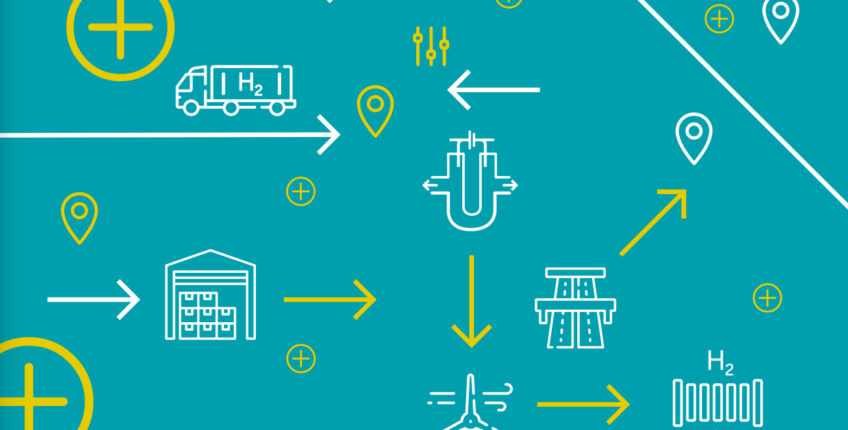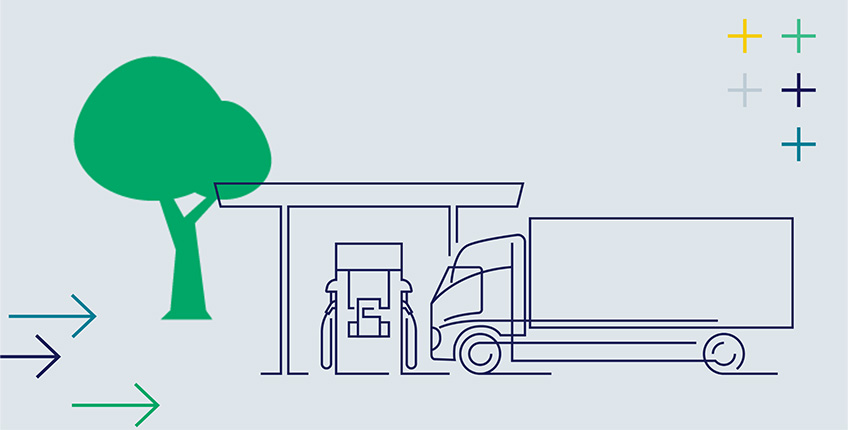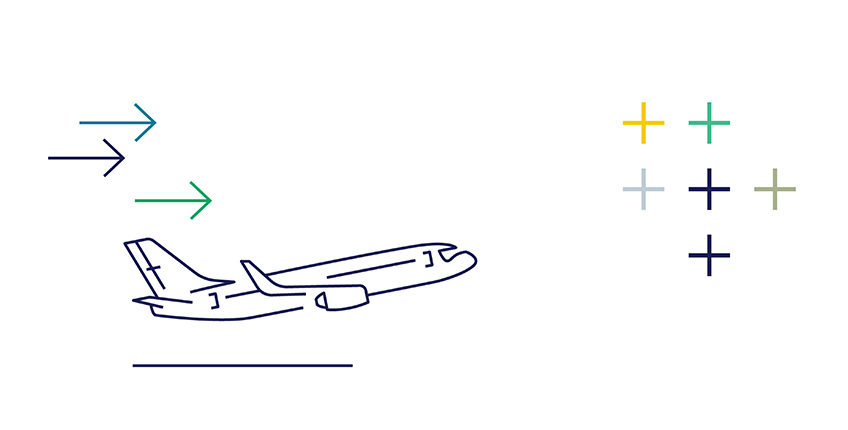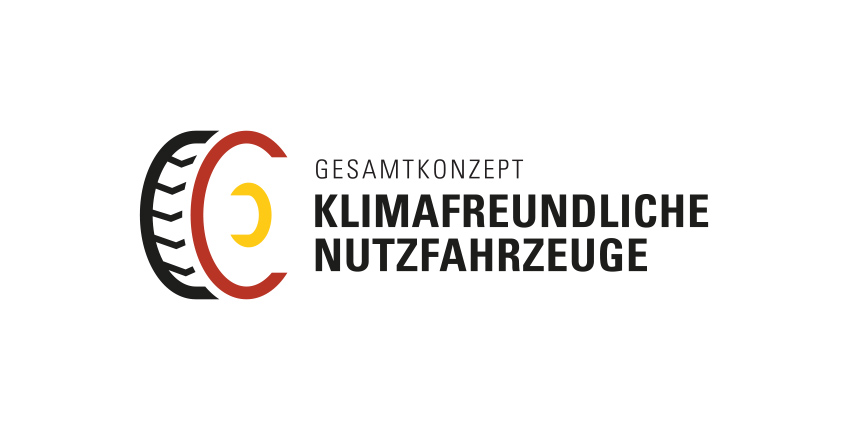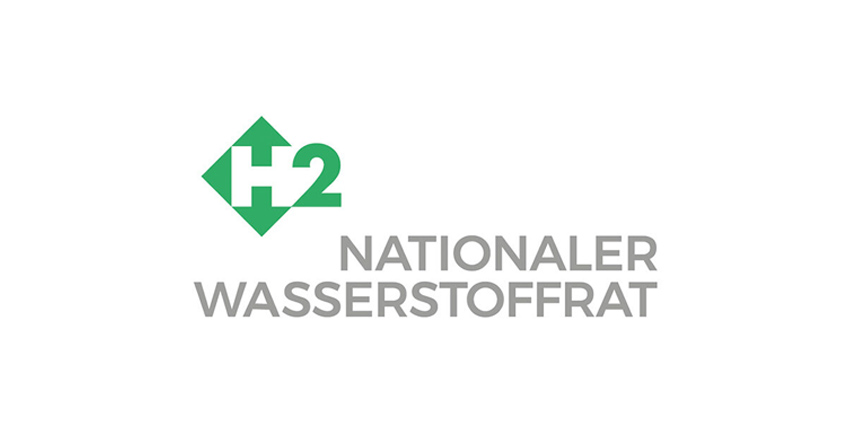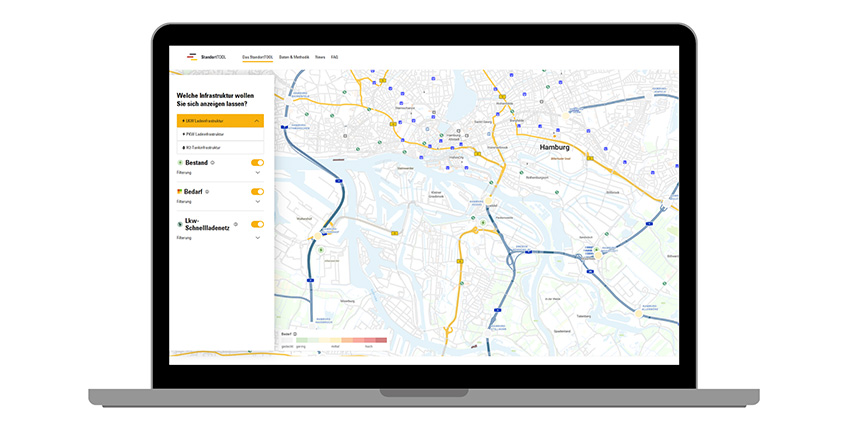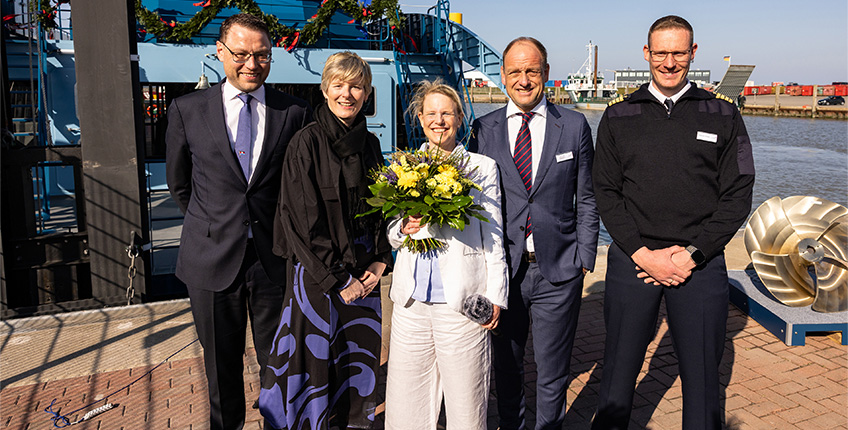Around 80,000 heavy-duty trucks and tractor units with fuel cells or battery-electric drives are planned to be on the road in North-Rhine Westphalia by 2030.
The state of North-Rhine Westphalia is stepping up its efforts to inform and advise companies about options for changing drive systems. Workshops and action guidelines are among the measures planned for companies. In addition, pilot projects for using fuel cell vehicles and battery-operated electric trucks as well as for the development of refuelling and charging infrastructure will also be supported. Procurement initiatives can also help manufacturers to bring more vehicles to the market at a fairer price. 50 million euros have already been allocated for the start-up phase of ‘TrHy’, the Hydrogen Innovation and Technology Centre in Duisburg. The Institute will research hydrogen applications from 2024, thereby advancing the standardization of fuel cell-based drive systems.
Today, 160,000 heavy-duty freight vehicles are on the road in North-Rhine Westphalia. These comprise only 1.3 per cent of the overall number of vehicles in North-Rhine Westphalia, but they cause around 21.3 per cent of transport sector emissions, or 6.4 million tonnes of CO2 equivalents, and 3.15 per cent of North-Rhine Westphalia’s total emissions. Around a quarter of all German logistics centres are located in NRW. The 24,000 logistics companies in North-Rhine Wesphalia have an annual turnover of 68 billion euros.

